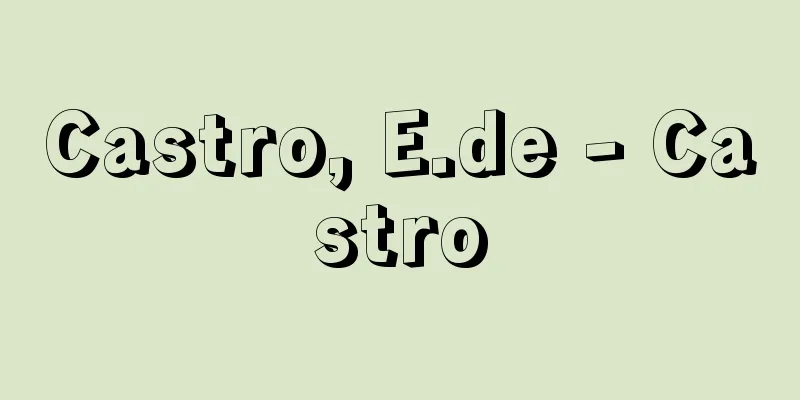Wyk - Wyk

|
...Later, these inn-based settlements were called Lischke and took on a more urban form. The settlements called Wikvik were also located at important transport hubs and were thought to have had a similar character. Small markets were often established off the amber road, but they were only used by nearby farmers to trade a small amount of eggs, wool, etc., and as Pirenne put it, "they satisfied the household needs of the people around them...and were limited to the satisfaction of the social instincts that man is born with." ... From [City] … From the City Law...This was combined with the civil constitutional movement of the first half of the 19th century, which saw medieval German cities as nurseries of civil liberties and representative democracy, and Marx's interpretation that saw urban merchant capital as the driving force behind the transformation of production relations, and few issues in German legal history have been as controversial as the issue of medieval cities (law). According to the traditional view, the decisive factor in the formation of cities was the original commercial settlements (Wik) of distant merchants, and the rights granted to them by charter were the oldest source of city law. These merchant guilds united all the residents of the city into a single covenanted body and fought for freedom from the rule of the city lords (the formation of the urban community). ... From [Boulle]…In England, during the reign of Alfred the Great in the second half of the 9th century, there were many burghs (boroughs) as "privileged towns," regardless of French influence. In the Netherlands and the German Empire, burg was used in the old sense of "fortress" or "castle" rather than "settlement," so the words portus and wik were used to describe newly built market settlements. However, even in these regions, the word "burgus" also came to be used from the end of the 11th century to the 12th century. … *Some of the terminology explanations that mention "Wik" are listed below. Source | Heibonsha World Encyclopedia 2nd Edition | Information |
|
…のちにこれらの旅籠を主体とする集落はリシュケlischkeと呼ばれ,都市的形態をとるようになる。ウィクwik∥vikと呼ばれる集落も交通の要衝にあり,同様な性格をもっていたと考えられる。 コハクの道からはずれたところにも小さな市がしばしば設定されていたが,そこには近隣の農民がわずかな鶏卵,羊毛などを取引するためにやってくるにすぎず,ピレンヌのいうように〈周囲の人々の家計の必要を満足させ……人間のもって生まれた社交的本能の満足に限られた〉ものであった。… 【都市】より… 【都市法】より…これに,ドイツ中世都市を市民的自由と代議制の保育所とみる19世紀前半の市民的憲法運動や,都市の商人資本を生産関係の転換の原動力とみなすマルクスの解釈などが結びつき,ドイツ法制史学上,この中世都市(法)の問題ほど論議の対象となったものも少ない。伝統的見解によれば,都市形成の決定的要因は遠隔地商人の原初的商業定住地(ウィクWik)であり,彼らに特許状で与えられた諸権利が都市法の最古の淵源である。その商人ギルドが都市の全住民をひとつの誓約団体に結び合わせ,都市君主の支配からの自由を求める闘争を行った(都市共同体の形成)。… 【ブール】より…イングランドでは,9世紀後半のアルフレッド大王の時代に,フランスからの影響とはかかわりなく,〈特権的な都市〉としてのブルフ(バラ)が数多く存在していた。ネーデルラントやドイツ帝国領では,ブルクは集落というよりも〈城砦〉ないし〈城館〉という古い意味で用いられていたから,新たに建設された市場集落を表すにはポルトゥスportusとかウィクWikという言葉が用いられていた。しかし,これらの地方でも11世紀末から12世紀にかけて,〈ブルグス〉という言葉も併用されるようになった。… ※「ウィク」について言及している用語解説の一部を掲載しています。 出典|株式会社平凡社世界大百科事典 第2版について | 情報 |
Recommend
Bohemian tie
…A necktie tied in a bow, also known as a bow tie...
Kana writing - Kanagaki
... As the number of people using kanji increased...
Molecular evolution
When the evolutionary process of living organisms ...
Otateishi
〘Noun〙 A pink-colored granite that is mined in Ota...
Village register - Goson takacho
In the Edo period, this was a ledger in which feud...
dry area (English spelling) dryarea
…On the other hand, creating an image of a mediev...
Princep
1799‐1840 A British man who made great contributio...
Lae (English spelling)
A city in the eastern part of the island of New Gu...
Hana
A temporary house used for festivals or as a place...
Dangyokei
This valley is created by the muddy river, a trib...
Disposal of stipends - Chitsurokushobun
In 1876 (Meiji 9), the Meiji government issued go...
Julia Domna
? ‐217 Wife of the Roman Emperor Septimius Severus...
Fast breeder reactor
Abbreviation: FBR. A nuclear reactor that uses th...
Parole - Parole
A system in which inmates are released before the...
Method of dating - Nendaiiketteiho
In archaeology, there are two methods for determin...









